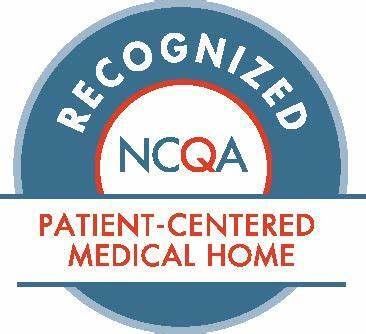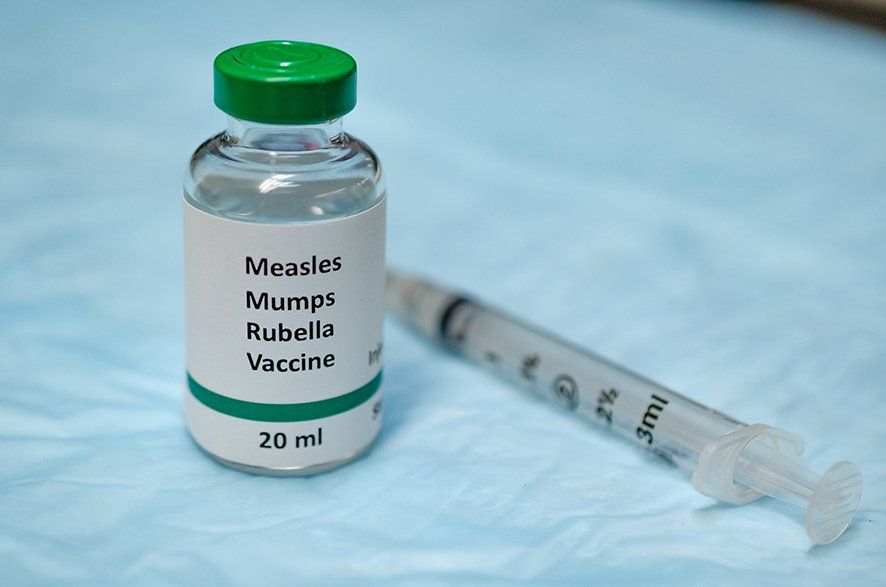How to Help Your Teen Stay Healthy in College
- By Admin
- •
- 29 Jul, 2019

Your child is now a young adult - and in a short time they'll leave the nest and fly off to college. How can you prepare your teen to stay healthy during this major transition? Take a look at what your child needs to know about staying healthy in their first year of college.
Get Enough Sleep
Between late night study sessions, social situations, and the freedom to stay out until the wee hours of the morning, your teen may not get an appropriate amount of sleep during their freshman year. If you're not sure what your child should know about sleep (other than they need some of it), start with these talking points:
- Suggested sleep numbers. How much sleep does a young adult need? According to the National Sleep Foundation, younger adults between the ages of 18 and 25 should get seven to nine hours a night.
- Skipping late night caffeine. Downing cup after cup of coffee or energy drinks to study late will interfere with your teen's sleep schedule. Remind your college-aged kid to skip caffeinated beverages in the evening and at night.
- Finding quiet space. When a noisy dorm mate is a problem, your teen needs to know what to do. Discuss ways to create a sleeping schedule, conflict resolution, and avenues to explore (such as talking to a resident assistant [RA]) if all else fails.
- School-sleep balance. Even though studying is important, your teen won't excel scholastically if they're exhausted. Talk about ways to balance school and sleep needs.
Your teen needs to understand that sleep impacts their overall health. Spend some of your pre-college sleep discussion time researching (with them) the negative effects of sleep loss on the human body.
Eat Well
Now that mom and dad aren't cooking meals, your new college student may fall prey to the fast food or sweet treat temptations around them. It's easy to skip meals and grab a bag of chips or a few cookies instead.
Help your teen to eat well by:
- Creating a healthy eating plan. Talk about what foods to eat for each meal. Outline a plan for breakfast, lunch, and dinner each week of the month. While your child doesn't have to completely stick to it, they can use the plan as a general guide.
- Advising them not to skip meals. Even though your teen is busy with their new college life, skipping meals can lead to low blood sugar (which comes with symptoms such as dizziness), a negative change in mood, tiredness, and metabolism problems.
- Sending food with them. Start smart. Pack fresh fruits and vegetables with your child. When you visit, replenish their stock with more healthy picks.
- Signing up for the just-right meal plan. Make sure your child has enough meals per week to cover their nutritional needs.
Some teens worry about gaining the freshman 15. If your child has concerns about gaining weight, remind them about the value of developing healthy eating habits. Along with nutrition, read on for information on talking to your teen about exercise.
Exercise Regularly
Regular physical activity can combat stress, improve mood, help to maintain healthy muscle tone, keep your teen at a healthy weight, and may even decrease the risk of developing some diseases.
If your teen finds exercising during their freshman year challenging, suggest:
- Visiting the campus gym. Most colleges have gyms or physical fitness centers that are included in the school's fees.
- Finding a fun way to work out. Joining a fitness-related club or participating in an intermural sport can help your teen to get regular exercise.
- Taking the long way across campus. Instead of taking shortcuts, remind your teen the longer distance they have to walk the more exercise they'll get.
Along with these ideas, remind your teen to take activity-filled study breaks - jogging in place or walking for a few minutes before hitting the books again.
Does your college student need help finding a medical provider? Contact NEON for more information.



